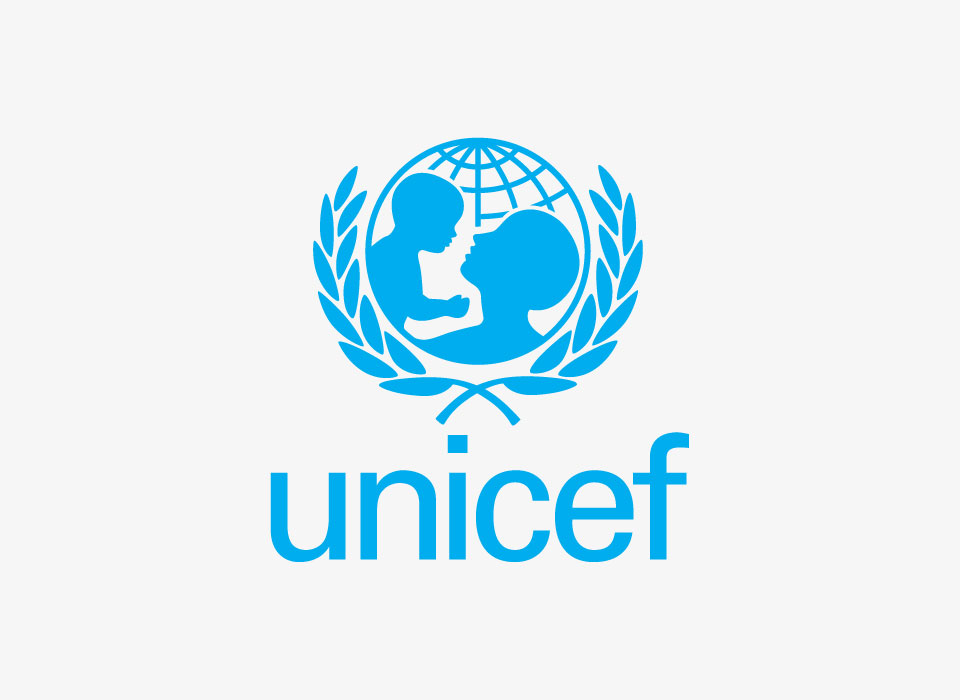NAFASI ZA KAZI | UNICEF:Individual consultant – Review business marketing and advertisment content to identify stereotypes which promote gender socialisation of children and adolescents in Tanzania.
NAFASI ZA KAZI | UNICEF:Individual consultant – Review business marketing and advertisment content to identify stereotypes which promote gender socialisation of children and adolescents in Tanzania.

UNICEF:Individual consultant – Review business marketing and advertisment content to identify stereotypes which promote gender socialization of children and adolescents in Tanzania.
To conduct a gender review of business marketing and advertisements to identify gender stereotypes in socialisation of children and adolescents
UNICEF works in some of the world’s toughest places, to reach the world’s most disadvantaged children. To save their lives. To defend their rights. To help them fulfill their potential.
Across 190 countries and territories, we work for every child, everywhere, every day, to build a better world for everyone.
And we never give up.
For every child, [Protection]
Business marketing and advertisements target and reach millions of people on a daily basis and, therefore, have a significant impact on society. Gender sensitive marketing has recently become a central concern of UNICEF for the impact it could have on gender socialization of children (boys and girls). UNICEF cares about marketing practices that could affect development outcomes for children and prevent UNICEF from achieving its goals. Addressing how business marketing and advertisements impact children’s gender socialization is aligned with UNICEF’s Gender Action Plan and Strategic Plan Goal 5: Every Child has an Equitable Chance in Life. Thus, giving the opportunities to address harmful practices and promoting positive gender norms through effective business marketing and advertisements.
In January 2019 UNICEF Gender Section organized an internal global workshop which brought together staff from the Region, Country Offices and relevant headquarters departments to explore possible business engagement opportunities that can contribute to deconstruct harmful gender stereotypes and promote empowering gender norms through business marketing and advertisement.
It is evident that businesses whether small or large, interact with and have effects on the lives of children both directly and indirectly. The effects can be positive or negative, long-lasting and even irreversible. Therefore, respecting and supporting children’s rights requires businesses to both prevent harm and actively safeguard children’s interests. In promoting products and services, the business sector employs rigorous and extensive marketing strategies through advertisements using various media channels/platforms.
Recently, with the increase of visual media platforms, advertisement plays a key role in cultivating perceptions and beliefs of customers. The meaning of advertisements is created through their reception by customers, which information is packaged in a specific context by using commonly shared cultural knowledge. Cultural norms and values play very important roles in the development and construction of stereotypical gender roles, and these roles are transferred from the real world to the world of advertisements. Thus, gender image is most widely used by advertisers to capture the audience’s attention and to positively link their products with the feelings of their targeted group. Advertisement is increasingly pervasive, powerful, and frequently containing content that effectively perpetuates gender stereotypes. For instance, an advert on the nutritious food which shows that baby girls will grow up to be famous dancers and baby boys engineers. Others can show a man with his feet up while a woman cleans, cooks or setting a dining table. Most of the times in countries with strong gender values and customs like Tanzania, these adverts are significant conduit of harmful gender stereotypes when promoting limiting gender norms. Gender stereotypes affect people’s thoughts, actions, behaviors, life choices, and life outcomes. For instance, gender stereotypes are all too often lead to limiting children’s opportunities and consequently their right to self-expression and the realization of their fullest potential. On the other hand, marketing can be constructive when it creates and disseminates empowering messages.
The TCO long term and well-established partnership with the business and media sectors presents possible entry point to engage key stakeholders in the business marketing and advertisement industry to promote positive gender norms for instance political parties showing a woman wining a political position and discourage the harmful ones. This builds on the renewed focus of the midterm review of the current country programme (2016-2021) which identified a priority of engaging a business sector to support promotion and protection of children’s rights. UNICEF would like to engage the business sector and ensure that while strengthening their brand/reputation they should also play a critical role to mitigate risks of harming children, give back to the society, increase public profile/awards, obtain social licenses to operate in society, improve business competitiveness as well as achieve compliance of national and international agreements.
In order, to establish a stronger link between marketing, gender socialization and outcomes for girls and boys, UNICEF TCO needs to strengthen advocacy based on a moral imperative. Therefore, it is important to establish a wider range of tangible evidence with which to make the business case for addressing business marketing influence on gender socialization.
Thus, UNICEF TCO wishes to engage a consultant to conduct an assessment of which its findings will inform the integration of gender perspectives in business marketing and advertisements to deconstruct harmful gender norms and promote gender equal norms in partnership with business and media companies.
UNICEF Workshop Report on Promoting Positive Gender Norms through Effective Marketing


No comments: